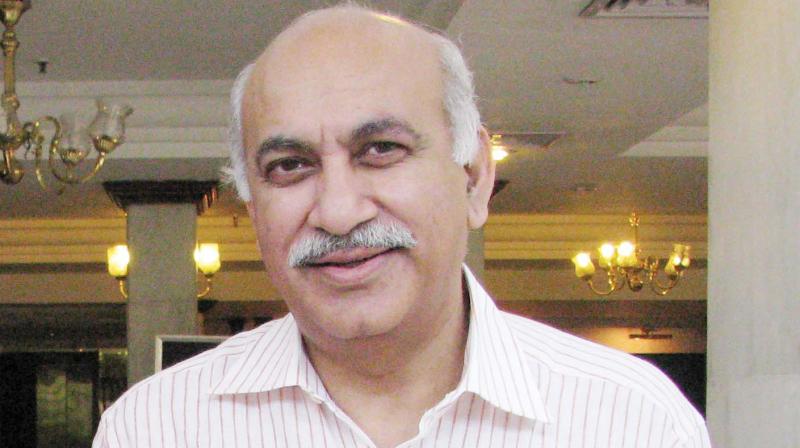Gaslighting: Attacking the survivors

With the #MeToo movement gaining steam in India, one thing is evident: women in this nation are harassed even when they try to speak out against injustice. With names being named and the outrage growing, the accused men are now playing the victim card and launching legal attacks to gaslight the victims.
While politician and former journalist MJ Akbar has filed a defamation case against journalist Priya Ramani, actor Alok Nath has sued director Vinita Nanda, and actor Nana Patekar and filmmaker Vivek Agnihotri have sent legal notices to actress Tanushree Dutta for speaking up. Similarly, despite sexual harassment allegations, Brett Kavanaugh was confirmed to the US Supreme Court. While the women continue to suffer, the alleged perpetrators are blaming the real victims and manipulating them with legal threats.
People from all walks of life have come together to show their solidarity for the courageous women who are sharing their stories of molestation, harassment, and threat. Just because we can’t see it, doesn’t mean it doesn’t happen, points out Ambica Gulati, a freelance journalist. “We must learn to trust words also. Women didn’t go around collecting evidence of being assaulted. But we must hear both parties. We must sift and make intelligent laws to counter such happenings,” insists Gulati.
When a woman decides to speak for herself, society joins hands to shut her down. So far this has been the norm, but not anymore. Today, there are people crowdfunding to support victims such as Priya Ramani to help fight the legal battle against MJ Akbar, who has hired a big law firm with 97 lawyers to represent his case. Ameeta Arora, a Mumbai-based lawyer, says, “In India, women are always questioned when they want to report a crime. It’s the way our Indian society is shaped from the beginning. It’s a mentality issue; women’s opinions and voices can be shut whether they are right or wrong. But it’s high time people in India learn to respect a woman’s voice. Most of the #MeToo cases are coming from educated and financially independent women, and it should be noted that society initially did not listen to them or support them in their endeavour to reveal their exploiters.”
Boishali Sinha, who works in the Bollywood as a production designer and producer, remarks that it is very common for sexual offenders to gaslight the victims. Sinha opines, “I think women should always raise their voice against any wrong practice. It is an individual choice of character to stop it, to avoid it or to be victimised. And when there aren’t any options, then we must fight against it.”
Why powerful men get away is a matter of debate, but it is very important to protect the victims if they dare to report the case. Swati Rai, a writer and trainer, opines, “We’d be undermining the gravitas of the all-important Indian #MeToo movement by calling it a ‘feeble imitation of the West’s similar uprising’, and by questioning what class it belongs to or it’s perceived delayed occurrence. There are laws in place already. Most importantly, a support system for the victim both legal and emotional is a must-have.”
So what can be done to prevent such incidents at the workplace? Sriram V., Chief HR Officer at BankBazaar, suggests that organisations should make it clear to their employees that no one can get away by doing anything wrong. He says, “This sets the right tone and discourages any form of harassment. The other aspect is awareness. For instance, we have an internal complaint committee (ICC) that was set up on the basis of the POSH policy under the act. As an additional step, the company’s legal and compliance team educates employees about the policy.”

